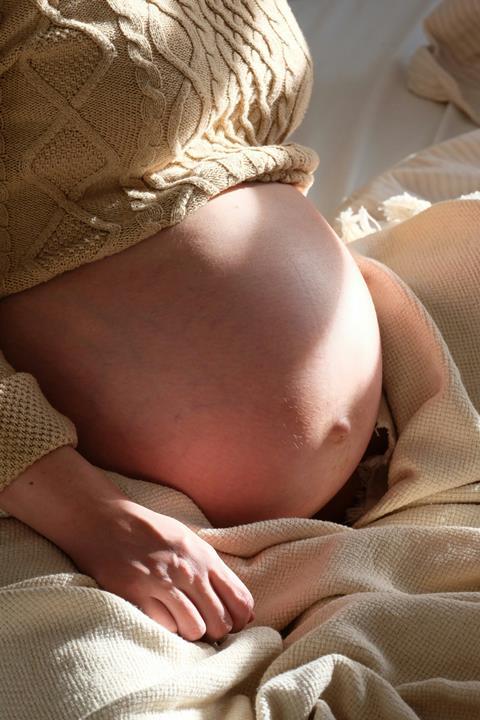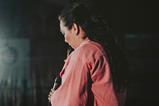‘Christianity has a rich history when it comes to medical advancement and though we know that Jesus can miraculously heal, he has also set within humanity the ability to create and develop the most extraordinary treatments and procedures through which he can also work,’ says Michelle Tant.

Marking 25 years of UK research, Amy Isobel became the first baby to be born in this country following a womb transplant. Grace and Angus Davidson welcomed “the greatest gift we could ever have asked for” into their family. This was made even more poignant by the fact it was her sister Amy who ‘donated’ her womb to Grace because she was born without one due to a rare disorder called Mayer-Rokitansky-Kuster-Hauser Syndrome (MRKH).
The 1 in 4-5000 women born with the condition usually have either an absent or underdeveloped womb but with functioning ovaries.
The 1 in 4-5000 women born with the condition usually have either an absent or underdeveloped womb but with functioning ovaries. Though the first in the UK, Amy Isobel is not the first baby to be born from a transplanted womb, the first was born in Sweden in 2014 and since then over 100 womb transplants and over 50 healthy babies born worldwide.
READ MORE: How God made me a mother - adopting a baby boy as a single Christian woman
Stories like the Davidsons perhaps point to a future with more options for those women facing this heartbreaking form of infertility. However, the procedure is still in the early stages, with Amy Isobel’s birth being the first of a planned research trial of 15 womb transplants in the UK, of which only four transplants have happened so far. Additionally, the cost of a womb transplant is in the region of £30,000 and that’s without the cost of IVF on top. It may be a huge medical advancement, but it is still far from accessible to most.
some Christians hold some reservations about IVF, we also know that God has enormous compassion for women and families suffering infertility
As a midwife, this story naturally caught my eye, and my first thought was that it could offer a glimmer of hope for some families impacted by MRKH. While it is known that some Christians hold some reservations about IVF, we also know that God has enormous compassion for women and families suffering infertility in their hope of having a child.
We see this plainly in the stories of Hannah (1 Samuel 1:2-17) and Sarah (Genesis 21:1-7). Christianity has a rich history when it comes to medical advancement, from founding hospitals and medical universities to pioneering contributions in surgical care, and though we know that Jesus can miraculously heal, he has also set within humanity the ability to create and develop the most extraordinary treatments and procedures through which he can also work.
READ MORE: I gave my daughter a kidney, then she died, but this is what God showed me
The hesitancy I feel therefore is far more to do with the potential to reinforce societal pressures around motherhood. In particular, the idea that natal motherhood is central to women’s worth and that any risk is worth taking in the pursuit of a child. Having a womb transplant comes with enormous risk and ultimately values the experience of pregnancy over wellbeing. By elevating the ability to naturally bear a child, as the highest form of ‘mothering’ or being a woman, we also risk devaluing those who do experience persistent infertility as well as those who choose a child-free life for a myriad of reasons.
READ MORE: ‘The Pope has condemned surrogacy - but I believe it deserves a second chance’
Our value is in being a child of God and an image bearer (Genesis 1:27). We are beautiful in God’s eyes because of what Jesus did, not because of anything we could ever do (Colossians 3v3, Romans 6). None of this is to say that I am against womb transplants per se, as a midwife I welcome advancements in fertility care. I see as much as anyone the beauty in the story of a new family, not to mention the incredible sacrifice of her sister in donating her womb at risk to herself. It is more that we just need to be careful of the potential resulting narrative that glorifies the ‘doing’ and not the ‘being’ of being a woman, and that it doesn’t deflect us from the beautiful story of God’s love for all women, regardless of their mothering ‘status.



































No comments yet